Remarkable Capability to Manufacture Custom Parts
- From Rapid Prototyping to on-demand Production
- 450,000 + Unique Parts Manufacturered
- Custom Parts Manufacturing & MOQ 1
- 3000 + companies served
Industry-standard Manufacturing Services
Our comprehensive ability to manufacture custom parts has been carefully crafted to meet your unique prototyping and low- and high-volume production needs. Our expertise covers cutting-edge technologies such as CNC machining, injection molding, sheet metal fabrication, 3D printing, vacuum casting, and more. Trust us to bring your ideas to life in perfect physical form.
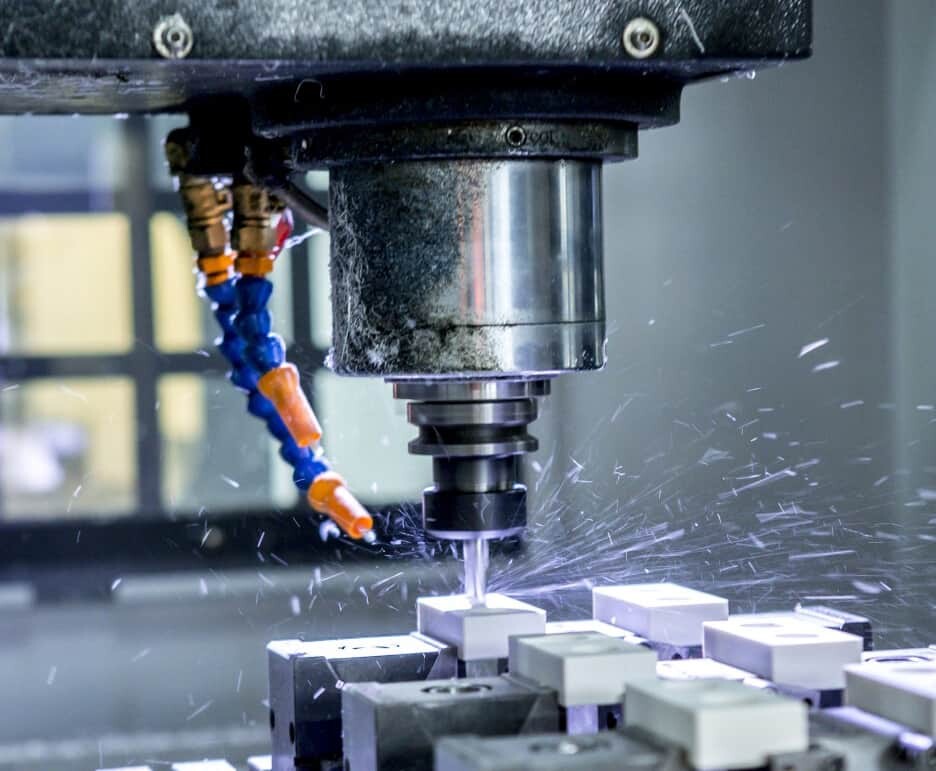
AN-Prototype provides close-tolerance CNC machining services, including 3, 4, 5-axis CNC milling, CNC turning and surface treatment services, to meet your diverse manufacturing needs for custom parts.
- Linear Dimension Tolerance: +/- 0.005mm
- Bore Diameter Tolerance: +/- 0.005mm
- Hole Diameters Tolerance: +/- 0.005mm
- Shaft Diameters Tolerance: +/- 0.025 mm
- Threads Diameter: Φ 1.5-5 mm
- Threads Depth: 3×diameter
- Tapped Holes Diameter: >Φ 5 mm
- Tapped Holes Depth: 4-6×diameter
- Parts Maximum Dimension:4000mm×1500mm×600mm
At AN-Prototype, we offer a variety of custom injection molding services to meet your requirements for manufacturing plastic parts. Our services include rapid tooling, single-cavity tooling, multi-cavity tooling, overmolding, insert molding, micromolding, medical molding, and more. We follow different manufacturing standards for each service.
- Maximum part size: 1200×1000×500 mm
- Minimum part size: 1 x 1 x 1mm
- Mold cavity tolerance: +/- 0.05mm
- Types of Tooling: Steel and Aluminum
- Production Class: 101/102/103/104/105
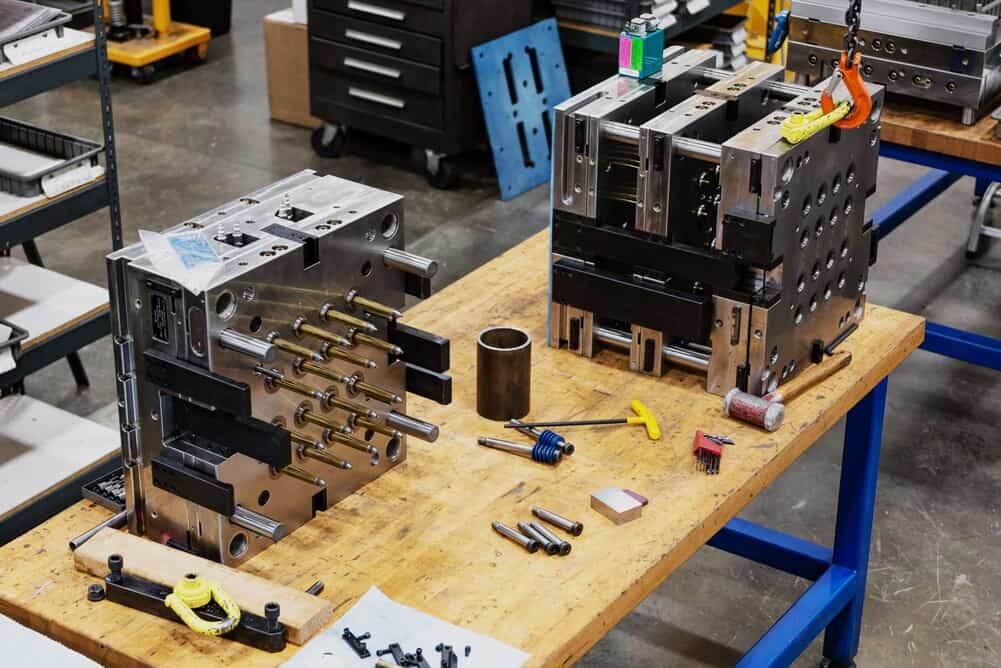
Standard Precision
The standard tolerance is ±0.15mm/100mm, and the highest precision can reach ±0.05mm.
Maximum Vacuum Casting Part
The vacuum equipment can accommodate mold specifications up to 2.0M*1.2M*1.0M.
Minimum Wall Thickness Part
The minimum wall thickness is 0.5mm, and the best setting is 1.5mm to 2.5mm to ensure the tolerance of the parts.
Lifespan of Silicone Mold
Typical quantity is 20-25 servings per mold. If the plastic part requires high quality, such as a complex structure, generally only 10 or even 15 copies can be produced in one mold.
Standard Delivery Time
Depending on the complexity of the mold and the number of parts required, typically up to 50 plastic parts can be made in 7 to 10 days.
Surface Textures and Other Options
Vacuum molding is similar to injection molding, and the surface of the part can be colored, textured, painted, coated, clear polished, embedded and overmolded.
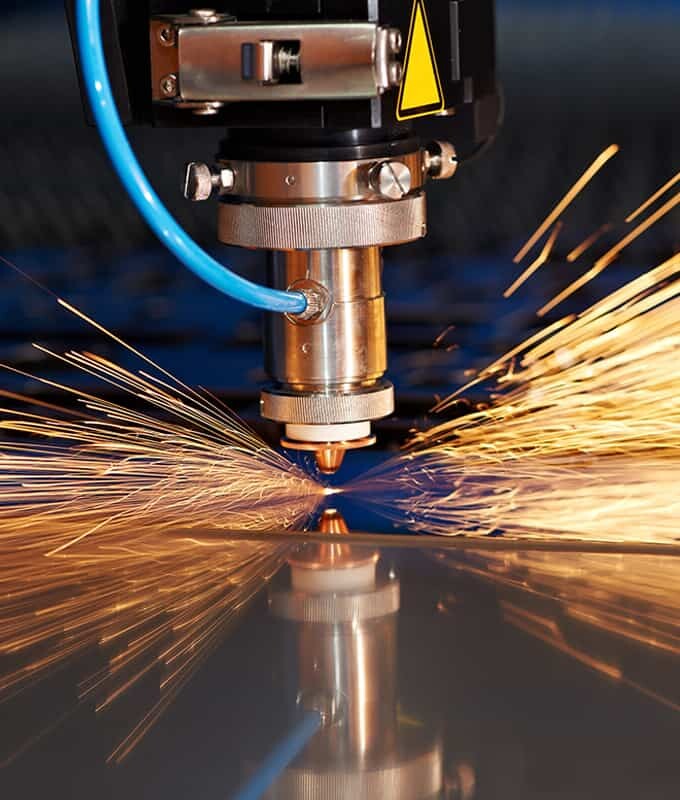
Edge to edge, single surface
+/- 0.127 mm
+/- 0.005 in.
Edge to hole, single surface
+/- 0.127 mm
+/- 0.005 in.
Hole to hole, single surface
+/- 0.127 mm
+/- 0.005 in.
Bend to edge / hole, single surface
+/- 0.254 mm
+/- 0.010 in.
Edge to feature, multiple surface
+/- 0.762 mm
+/- 0.030 in.
Over formed part, multiple surface
+/- 0.762 mm
+/- 0.030 in.
For functional and complex plastic or metal rapid prototyping, 3D printing services are your best solution. We offer a range of cutting edge 3D printing technologies including FDM, SLA and SLS.
- SLA: Maximum size 250*250*250 mm, Tolerance ± 0.2 mm
- SLS: Maximum size 420*500*420 mm, Tolerance ± 0.15 mm
- FDM: Maximum size 500 * 500 * 500 mm, Tolerance ± 0.2 mm
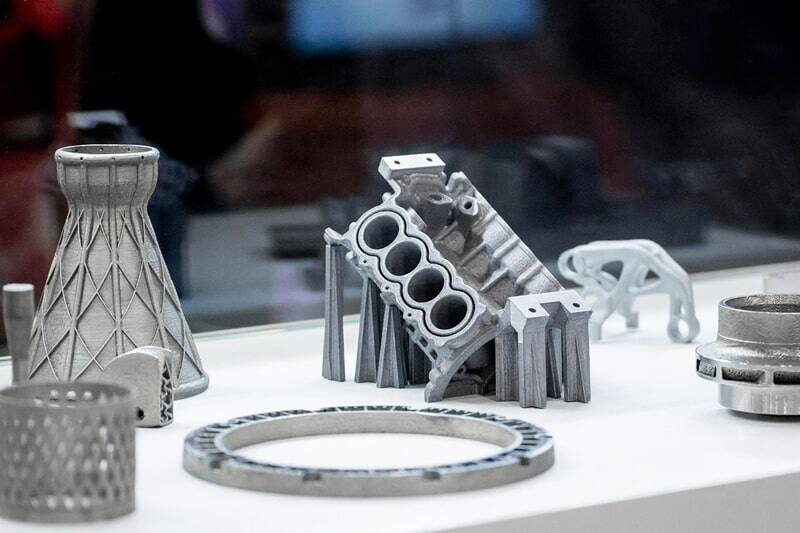
Custom Manufacturing On Demand
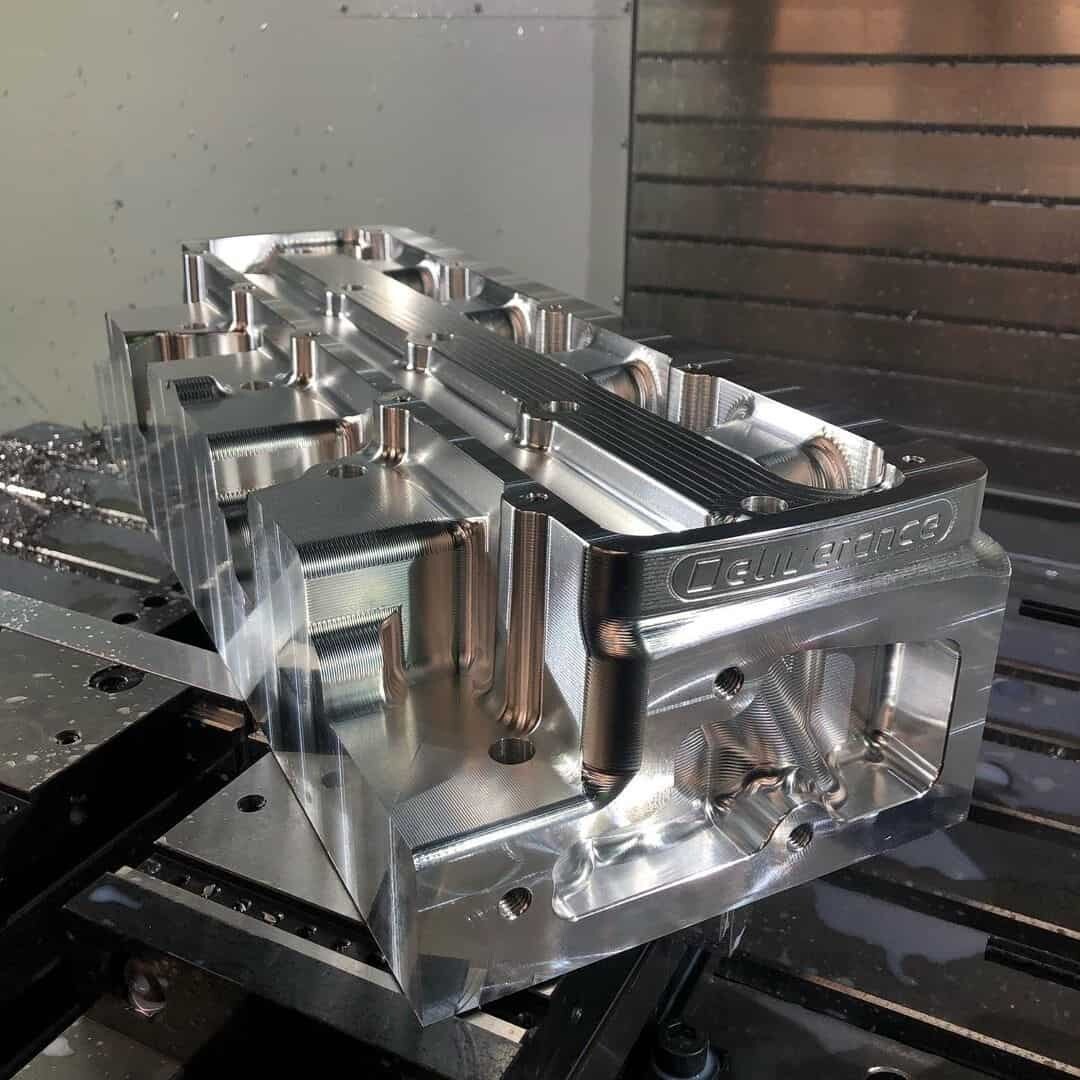
Rapid Prototyping Services
Uses the latest technology and equipment to manufacture prototypes quickly and accurately, helping you reduce development time and costs.
Capability: 1-50
Lead Time: Within 7 business days
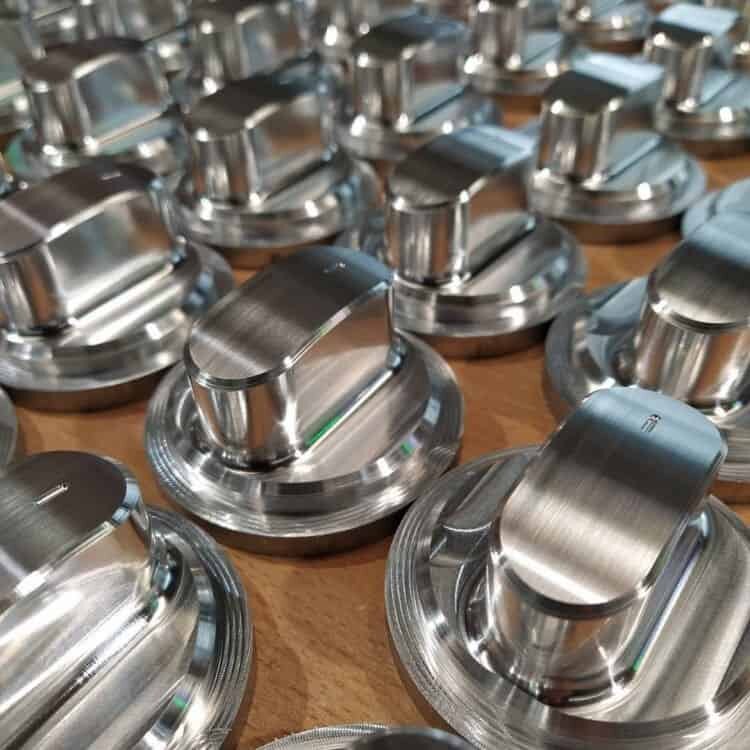
Low Volume Manufacturing
For small batch manufacturing, we have a variety of process options to meet your requirements, such as vacuum casting, CNC machining and rapid tooling, etc.
Capability: 50-2000
Lead Time: Within 15 business days
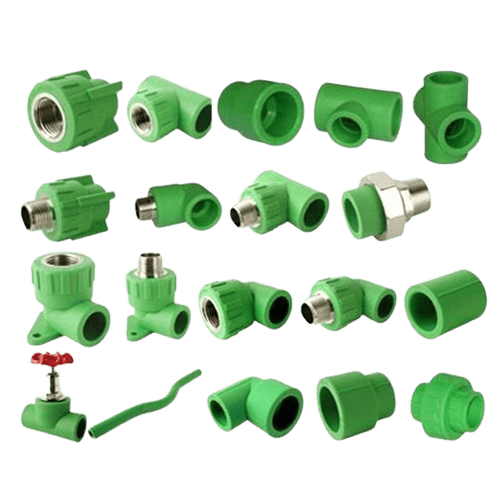
High Volume Manufacturing
For high-volume manufacturing of custom parts, take advantage of our plastic injection molding, sheet metal fabrication and other production processes.
Capability: 1000+
Lead Time: Within 25 business days
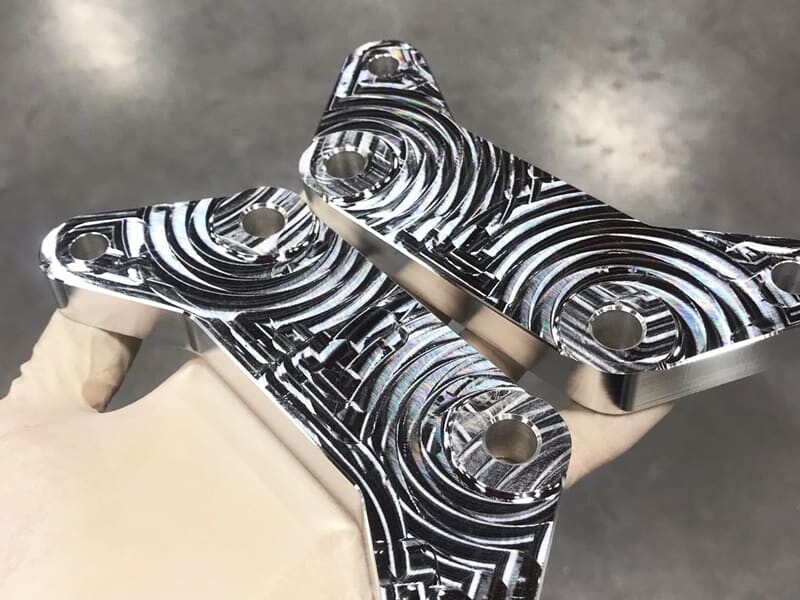
As Machined
Standard "As Machined" parts have a surface roughness of 3.2 µm, which cleanly removes sharp edges and deburrs parts. The surface roughness of smooth machining is Ra 1.6-0.8μm. The surface roughness of ultra-finishing machining is Ra 0.8-0.2μm.
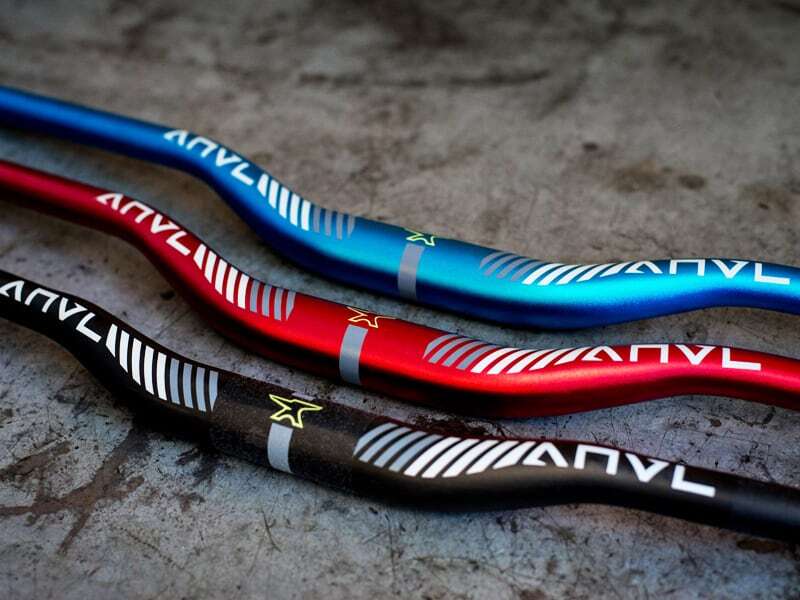
Anodizing
Anodizing has the characteristics of corrosion resistance, wear resistance and insulation, and can maintain the performance of parts for a long time. Anodizing is often used on aluminum alloy parts to achieve an aesthetic effect. All Apple products are anodized.
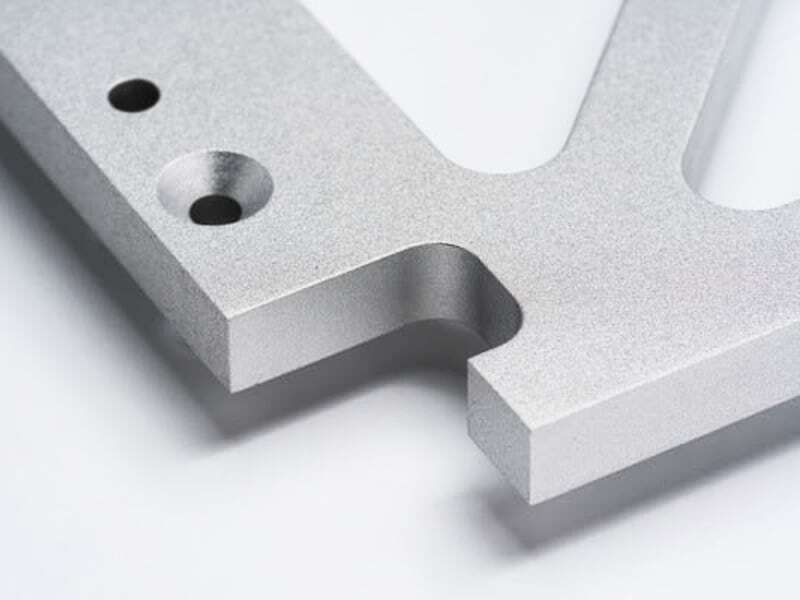
Powder Coating
Powder coating uses the phenomenon of corona discharge to add a thin layer of protective polymer to the surface of the part, ranging in thickness from about 50 μm to 150 μm. Creates a strong, wear-resistant finish for an even more wear-resistant layer.
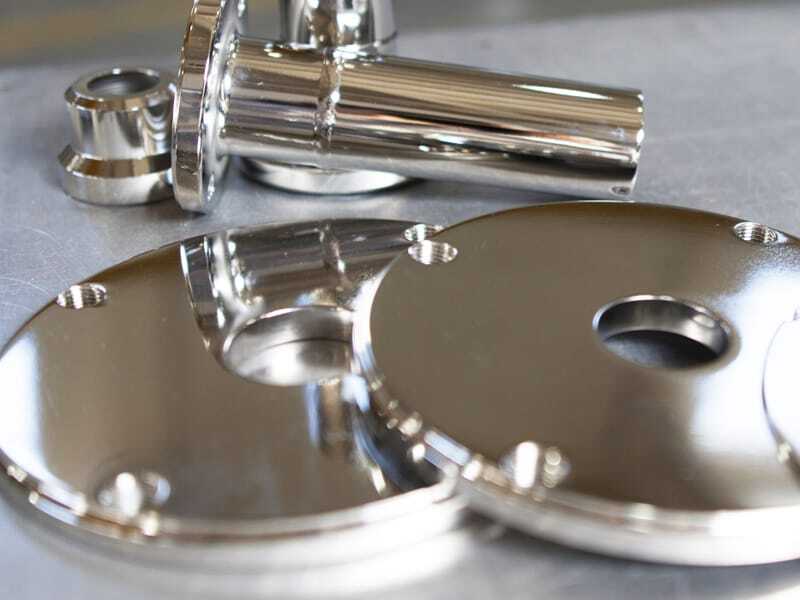
Electroplating
Electroplating is a finishing process that deposits metal onto a conductive surface using many specific materials such as alloys, cadmium, chromium, composites, gold, nickel, rhodium, silver, tin, zinc and zinc nickel.
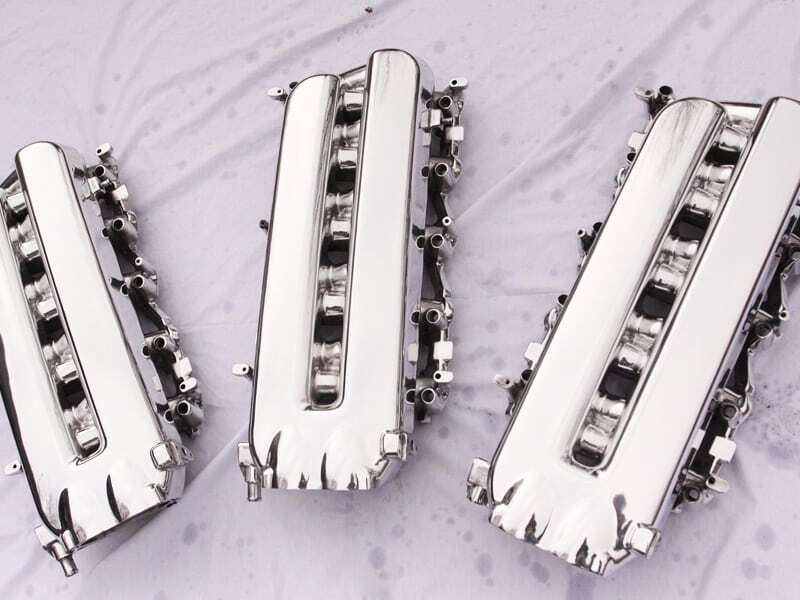
Mirror Polishing
Mirror polishing starts with coarse sandpaper and gradually increases to 2000 grit, aiming to give the prototype a glossy finish or mirror look. Examples include transparent automotive light guides, headlights and rear taillights. The surface of the prototype is smooth enough.
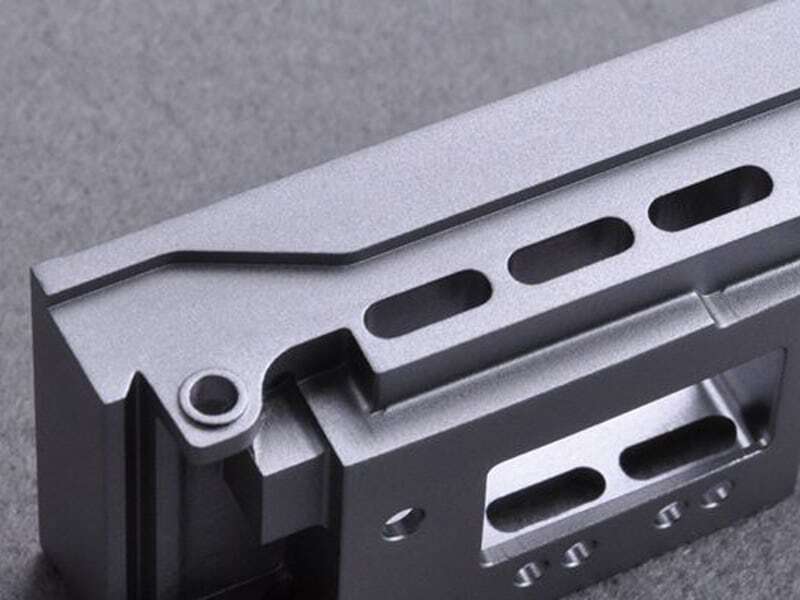
Sandblasting
Sand blasting is the impact of fine abrasive glass bead particles on the prototype surface under high pressure. The surface of the CNC prototype produces a grainy-like depression that creates a matte or eroded surface, resulting in a matte surface finish. Glass bead sizes from #80 to #220.
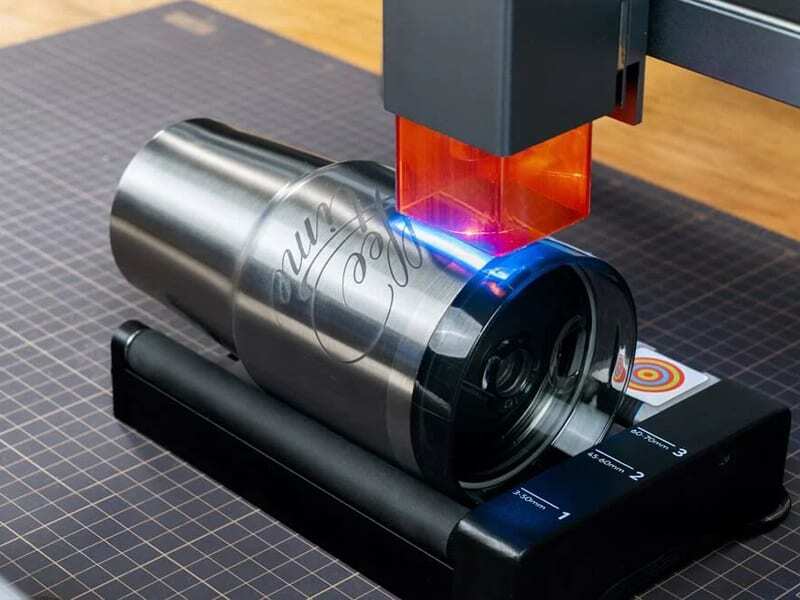
Laser Etching
Laser etching is a process that alters the surface of a material to create a permanent mark with information or aesthetic value. Metallic materials most commonly used for laser etching include aluminum, stainless steel, and zinc, and other non-metallic materials include glass, polymers, and ceramics.
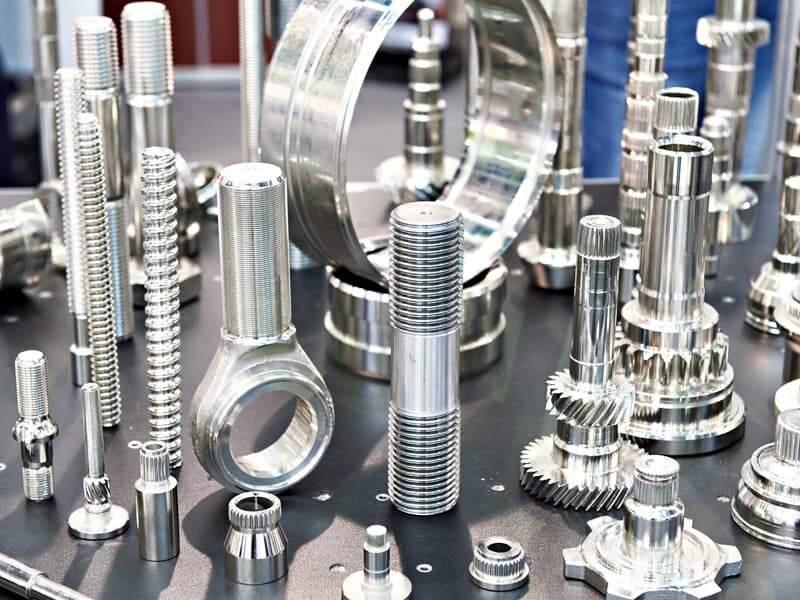
Passivation
Passivation is a method to transform the metal surface into a state that is not easily oxidized, and to delay the corrosion rate of the metal. The material commonly used in the passivation process is stainless steel to further enhance its corrosion resistance.
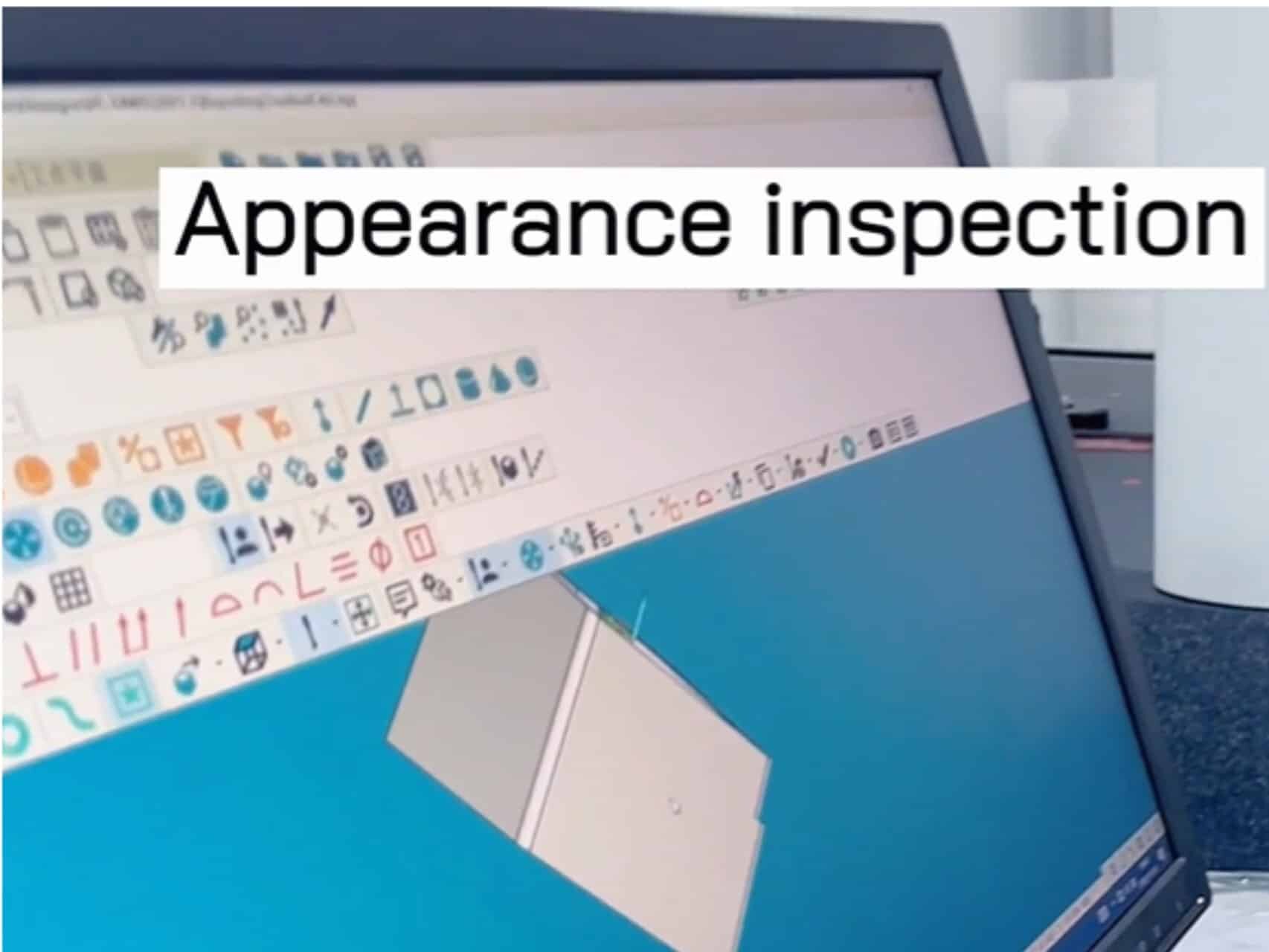
Appearance Quality Inspection
First confirm whether the custom part meets your appearance requirements, such as the color, texture and other physical attributes of the product.
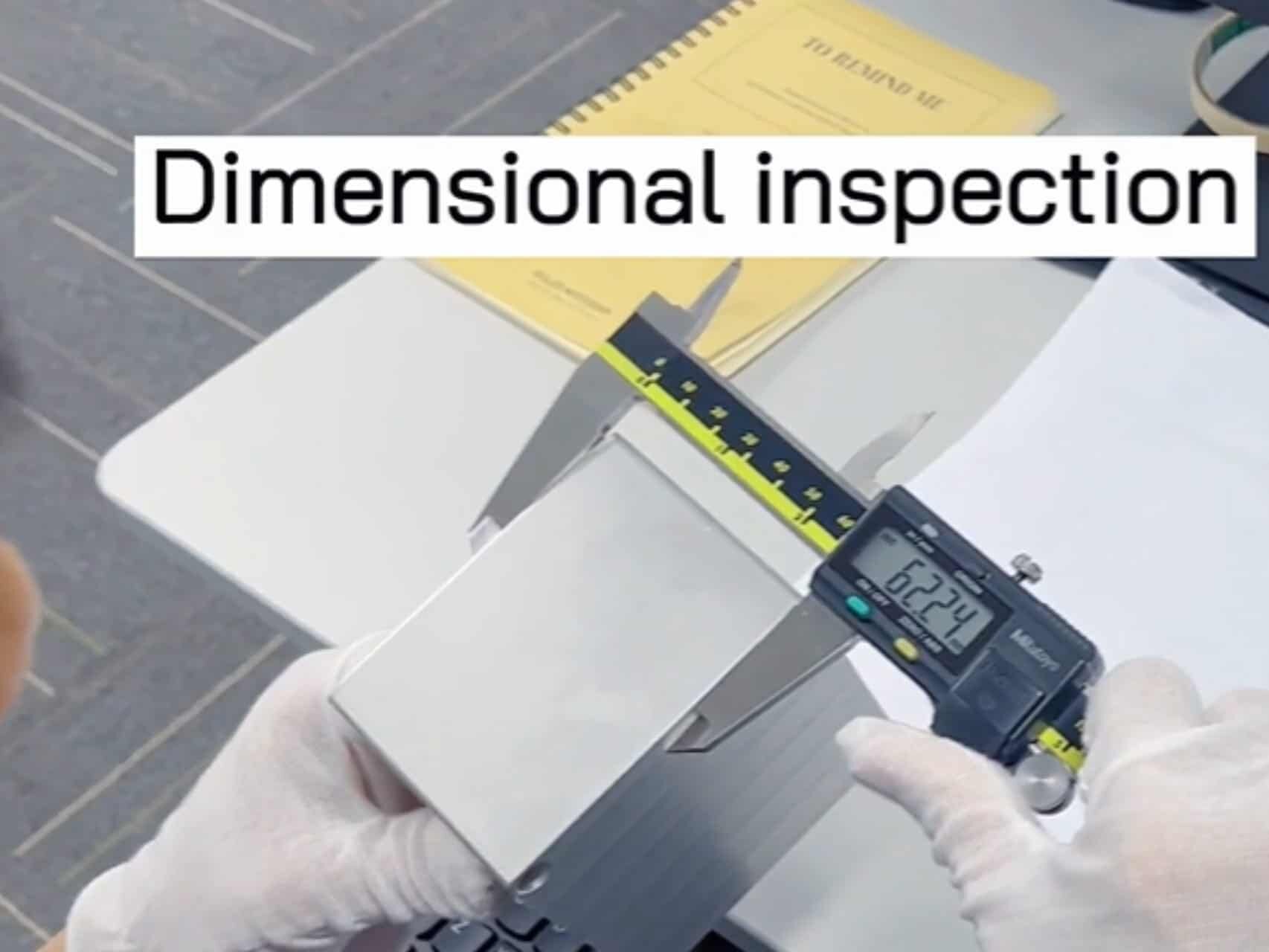
Dimensional Inspection
For complex ones, a three-coordinate measuring machine is needed to accurately measure their dimensions.
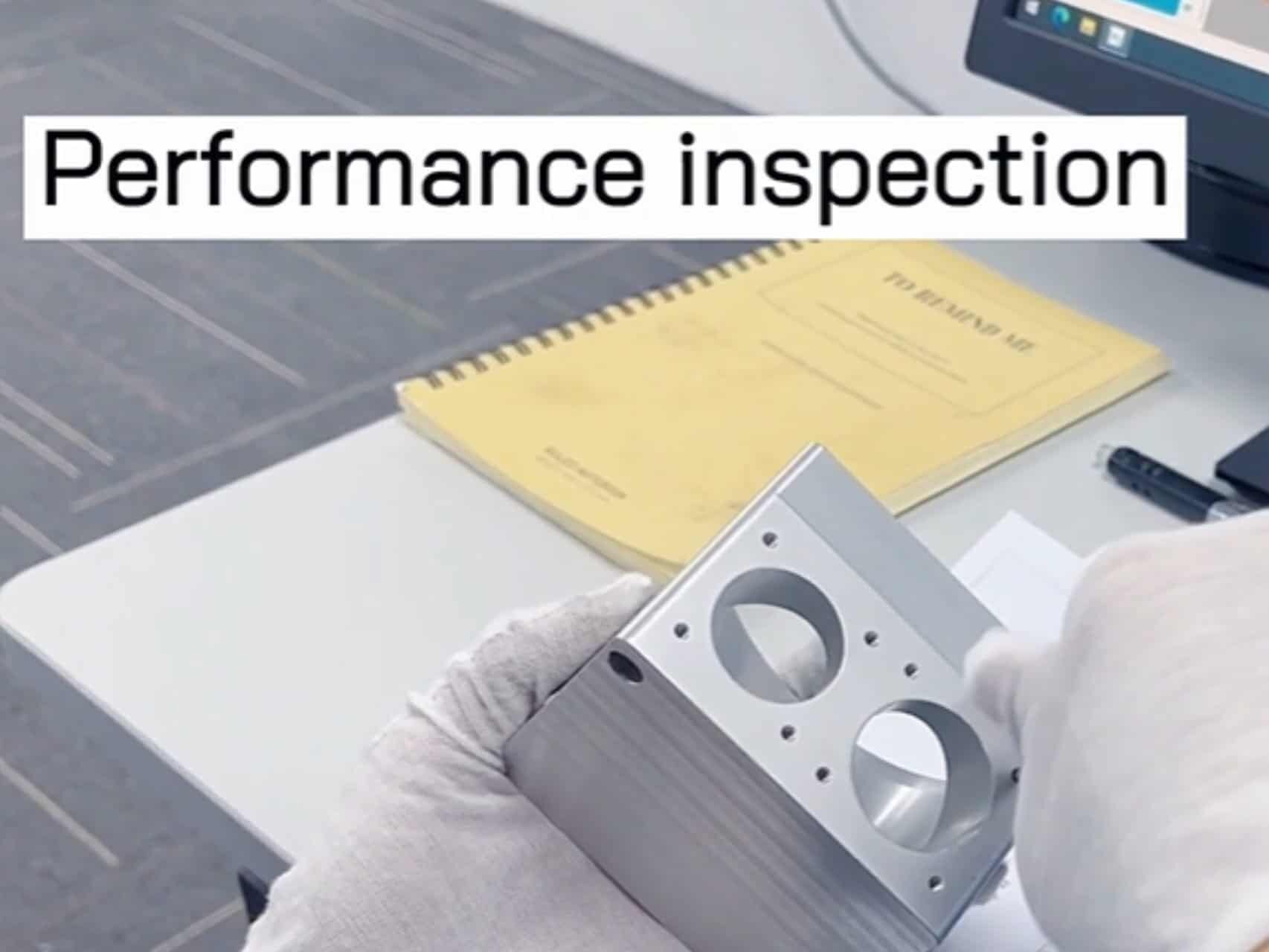
Performance Inspection
We test the function and performance of parts and, in the case of parts with threads or tapped holes, check that the assembly meets requirements.
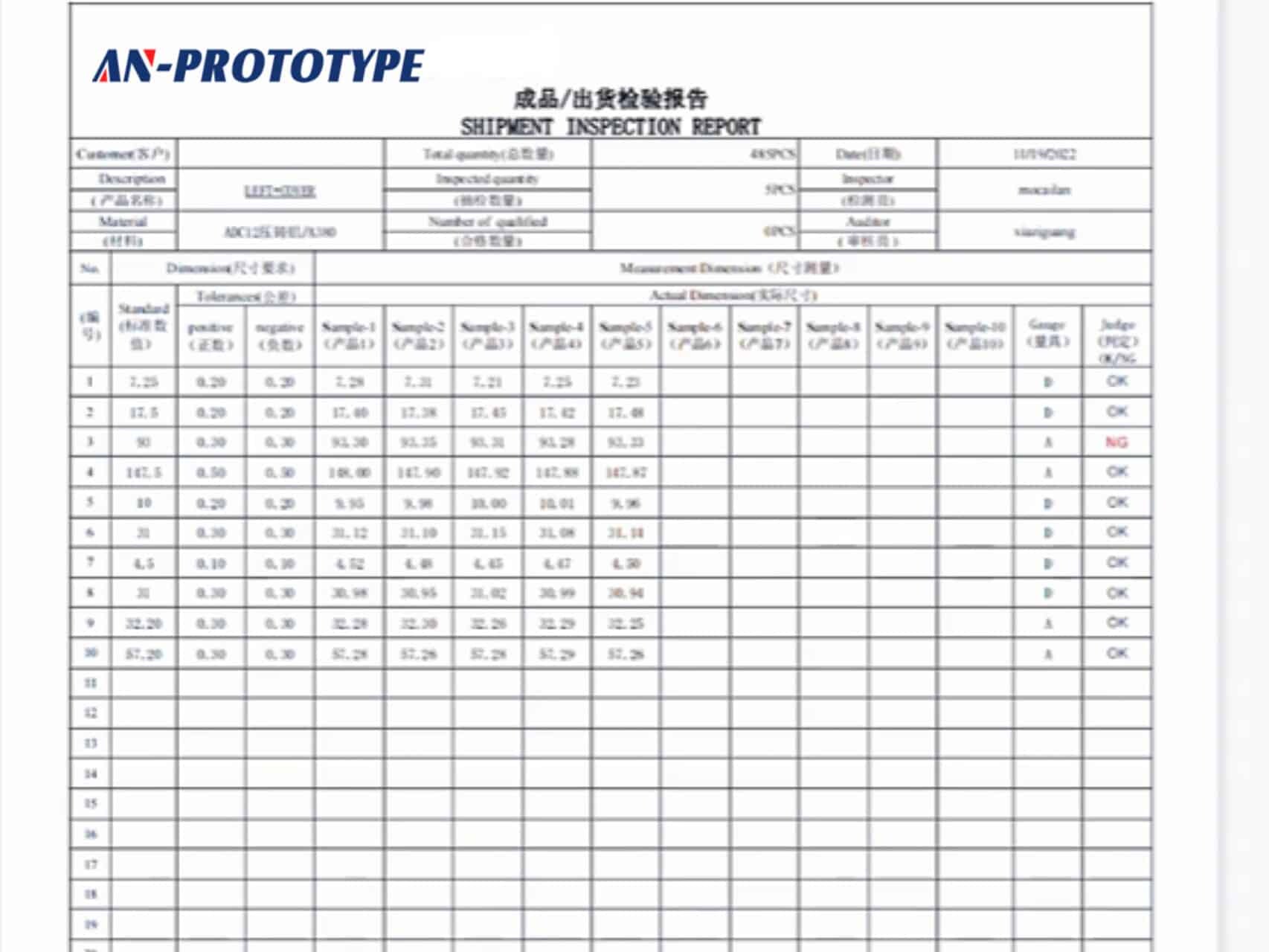
First Article Report
At the final stage of the inspection process, we provide you with a final inspection report. The report outlines all inspection instruments and results.
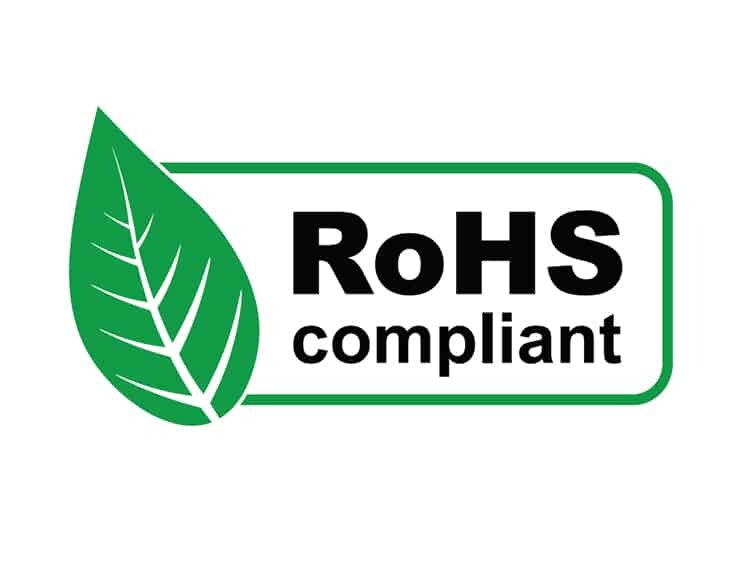
Material Certifications
We can provide RoHS reports according to customers' requirements to verify whether a specific material or product complies with RoHS indicators.
Our Happy Clients!


